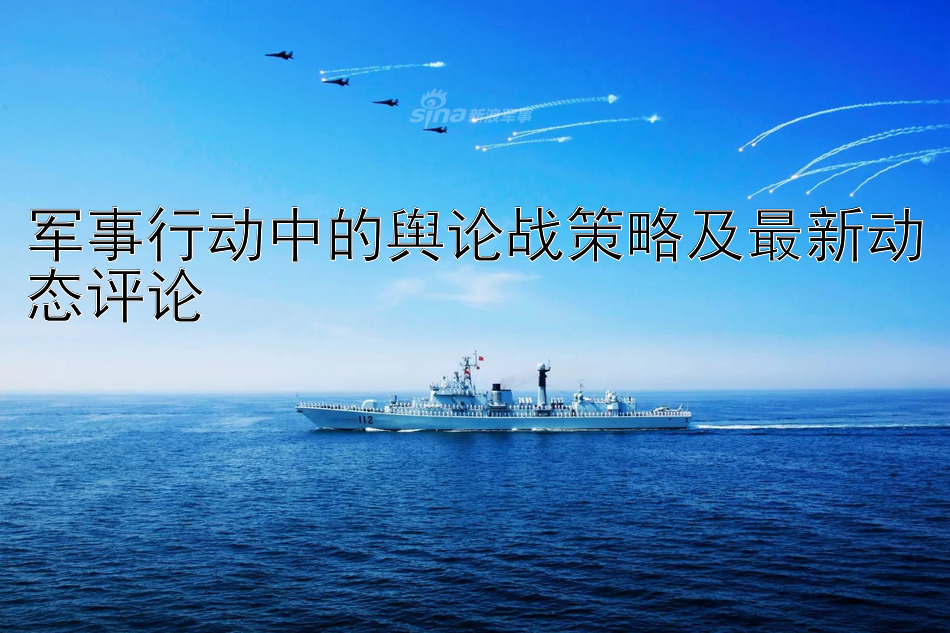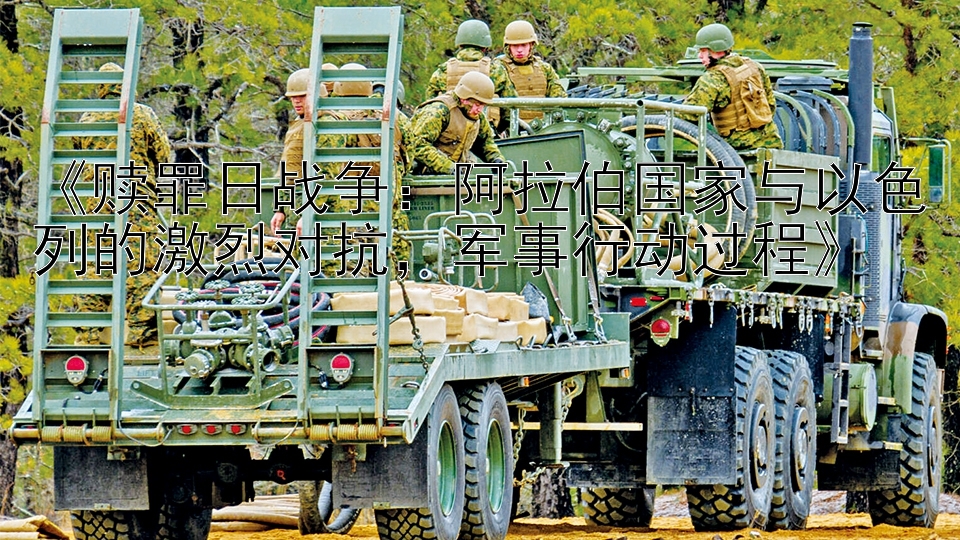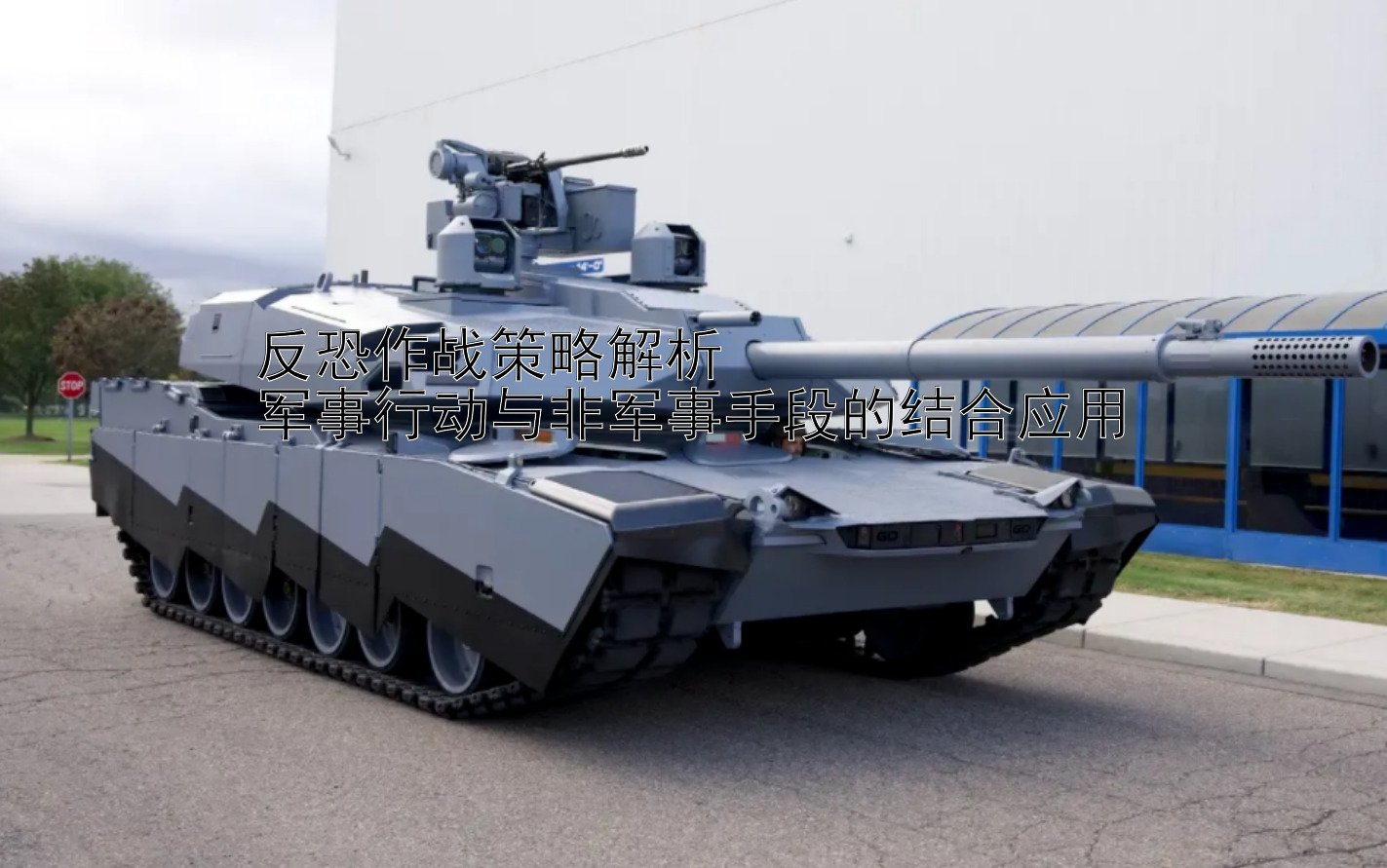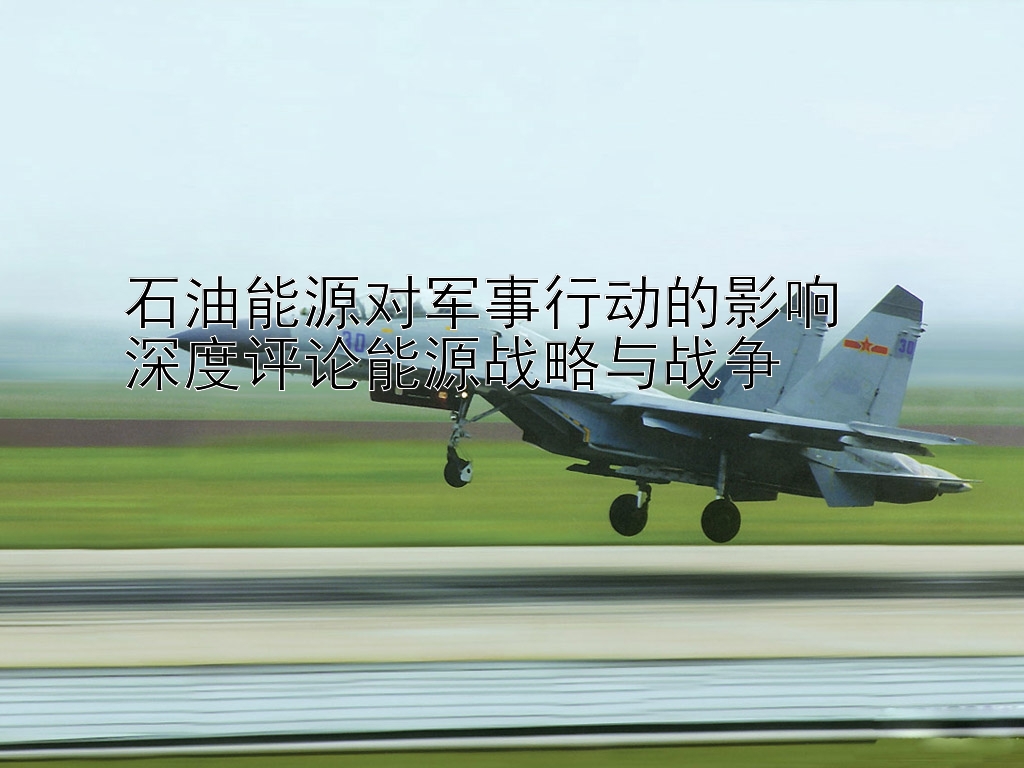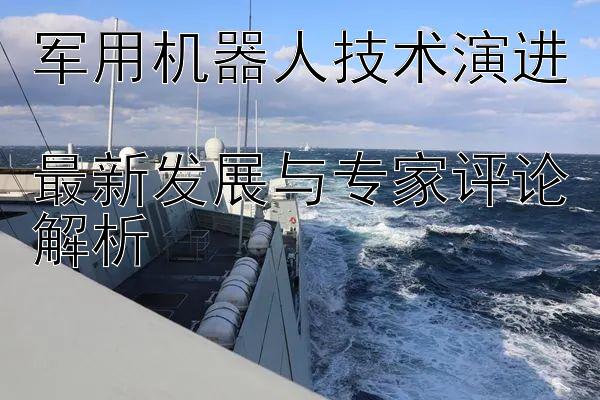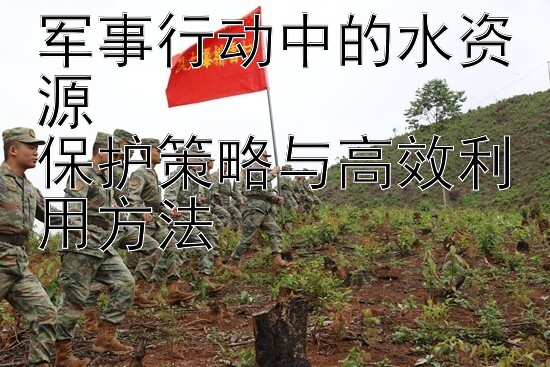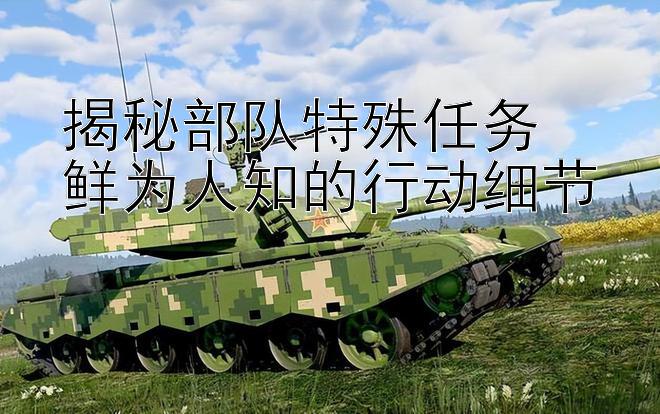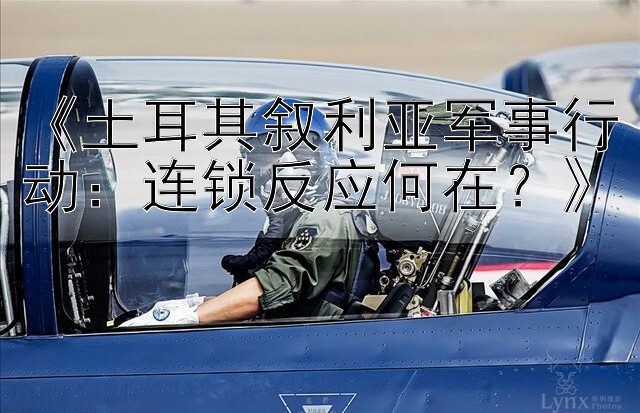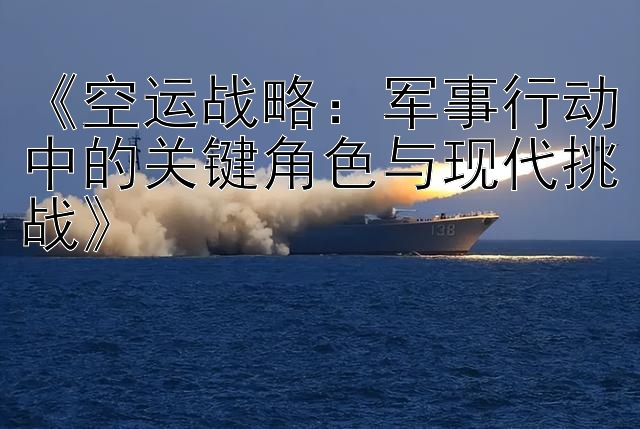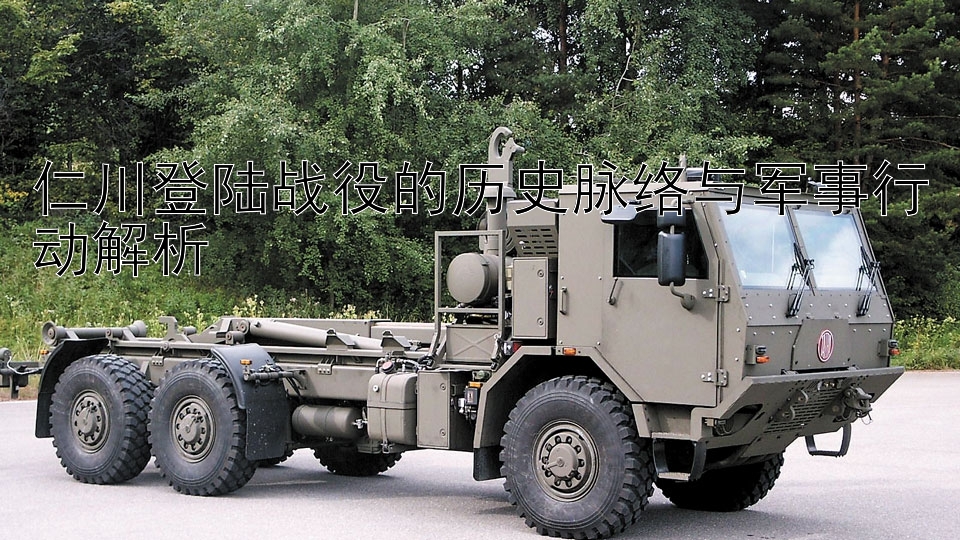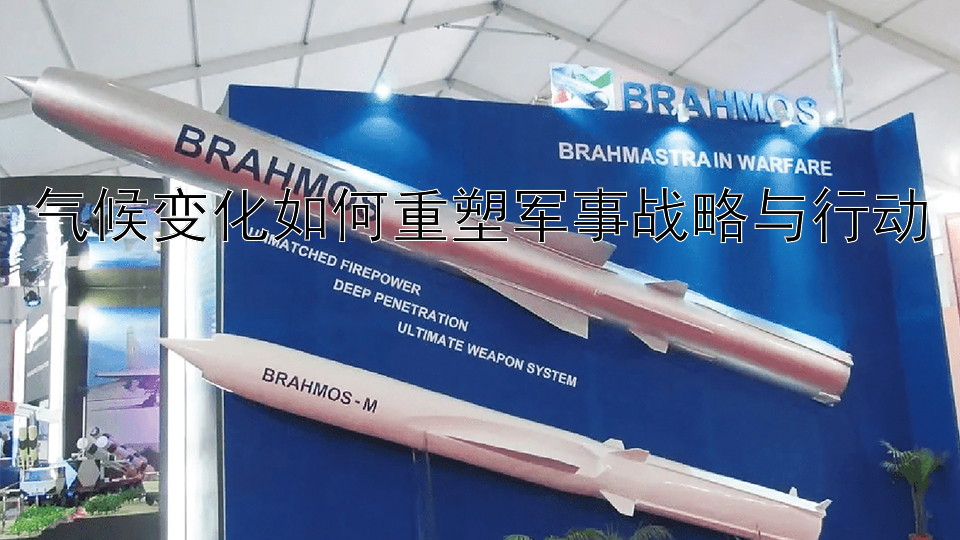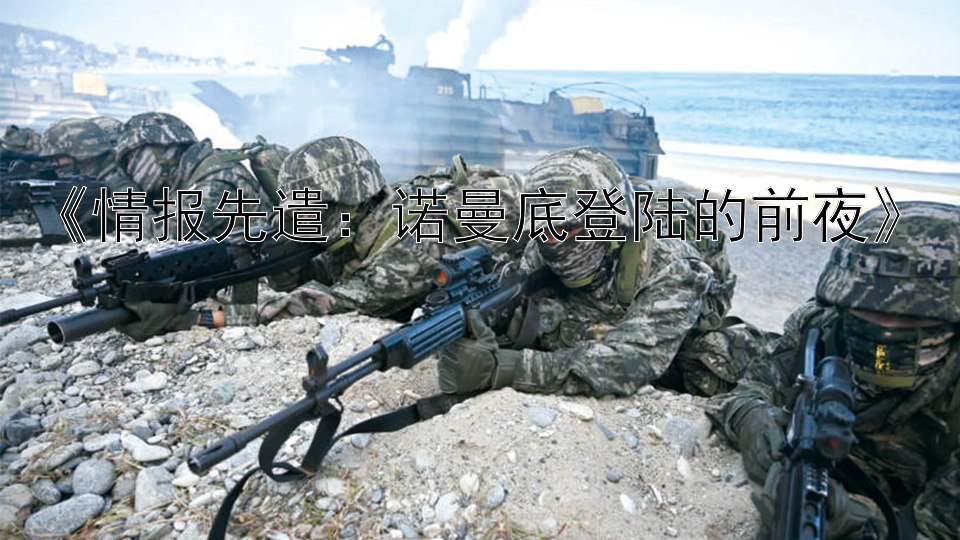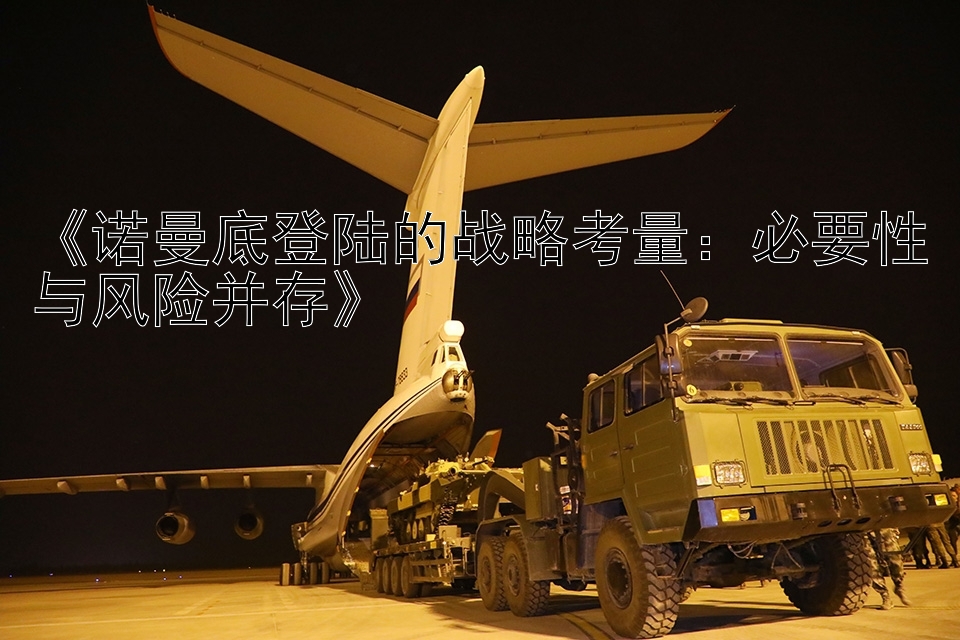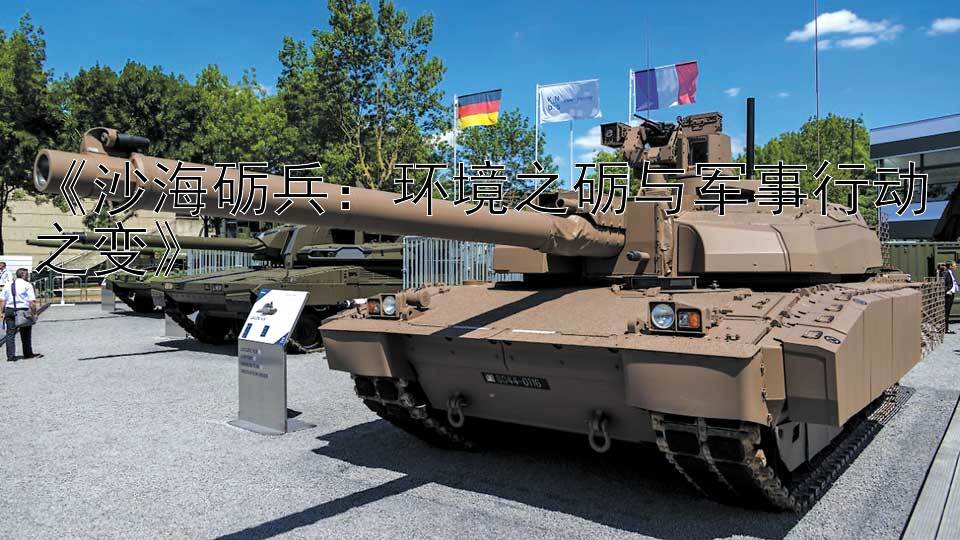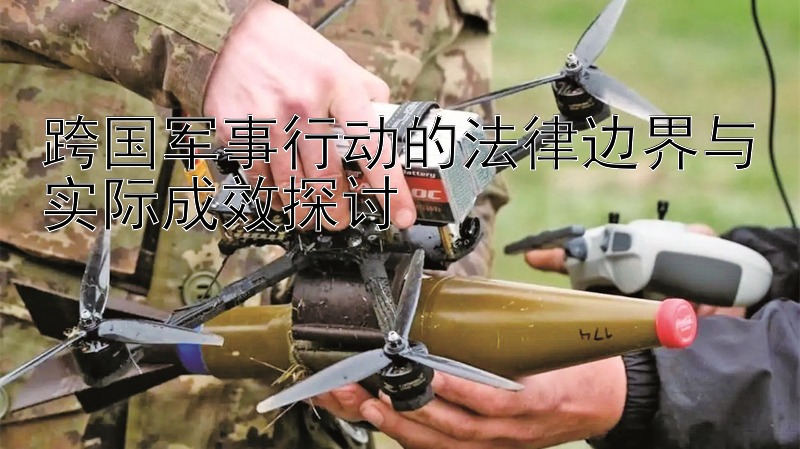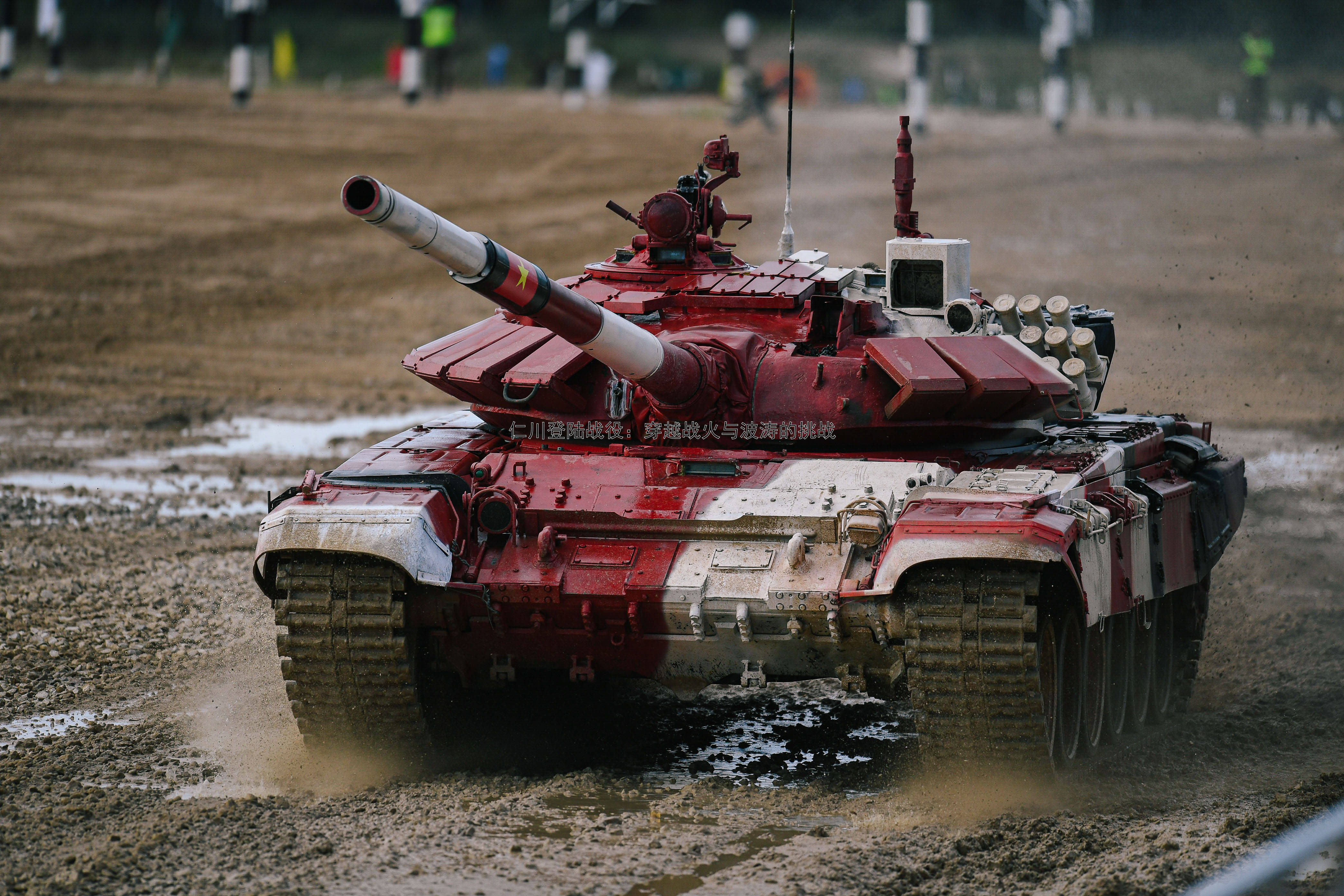海牙公约对军事行动的约束 其最新动态与专家评论分析
导读在现代国际法中,《海牙公约》是一系列以荷兰城市海牙命名的条约和宣言的总称,其中最著名的是关于战争法的几个公约,包括1899年和1907年的两个《海牙和平会议公约》及其附件。这些公约旨在限制战争手段和方法的使用,保护平民和非战斗人员免受战争的伤害,以及规范战俘待遇等。本文将探讨《海牙公约》如何影响和制......
在现代国际法中,《海牙公约》是一系列以荷兰城市海牙命名的条约和宣言的总称,其中最著名的是关于战争法的几个公约,包括1899年和1907年的两个《海牙和平会议公约》及其附件。这些公约旨在限制战争手段和方法的使用,保护平民和非战斗人员免受战争的伤害,以及规范战俘待遇等。本文将探讨《海牙公约》如何影响和制约军事行动,并提供最新的发展动态和相关专家的评论分析。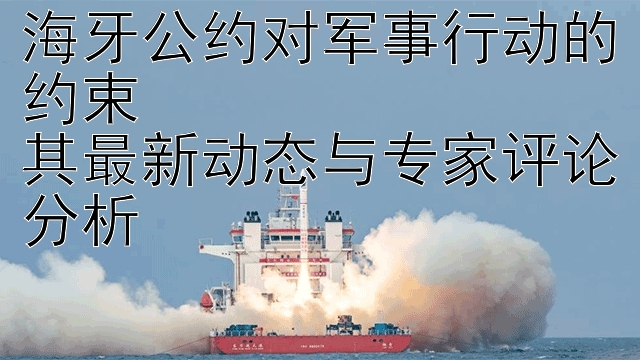
一、《海牙公约》的基本原则和对军事行动的影响
《海牙公约》的核心原则之一是区分原则(Principle of Distinction),即要求交战国在作战时应区别对待战斗员和非战斗员,民用目标也应受到保护,不得成为攻击的对象。这一原则对军事行动产生了深远的影响,迫使各国军队在进行战术规划时必须考虑到遵守国际人道主义法律的要求,避免对非战斗人员造成不必要的伤亡或破坏民用基础设施。此外,《海牙公约》还规定了禁止使用某些类型的武器和作战方法,如化学和生物武器、不分青红皂白的攻击等,这也进一步限制了军事行动的选择。
二、《海牙公约》的最新动态
随着科技的发展和国际形势的变化,《海jaxieqiang The Hague Conventions have a significant impact on military operations, primarily through their establishment of legal frameworks that regulate the conduct of war and protect non-combatants. The conventions include provisions for the treatment of prisoners of war, restrictions on the use of certain weapons, and safeguards to minimize the suffering caused by armed conflict. Here's an article discussing how these treaties influence modern warfare:
Title: "Navigating the Legal Minefield: How the Hague Conventions Influence Modern Military Operations"
Introduction: In the complex tapestry of international law, the Hague Conventions stand as pillars of regulation in the often brutal theater of war. These agreements, forged over time, set forth principles aimed at mitigating human suffering during times of conflict and ensuring accountability among combatant nations. This article explores the intricate ways in which the Hague Conventions shape contemporary military strategies, tactics, and ethical considerations on the battlefield.
Body: I. Historical Context: The origins of the Hague Conventions can be traced back to the First International Peace Conference held in 1899. Delegates from around the world convened with the goal of creating rules to govern warfare in a more humane manner. Over the years, additional protocols were added, reflecting changes in technology and strategic concerns.
II. Key Provisions: A central tenet of the Hague Conventions is the principle of distinction between civilian and military targets. This stipulation requires belligerent parties to direct attacks solely against military objectives while doing everything feasible to avoid harming civilians or destroying civilian property. Additionally, the conventions prohibit methods and means of warfare considered to be excessively injurious or indiscriminate.
III. Contemporary Challenges: As conflicts evolve, so too does the need to adapt the interpretation and application of the Hague Conventions. New technologies such as cyberwarfare, drones, and precision-guided munitions raise questions about compliance with established laws of war. Moreover, state actors and non-state militants alike must contend with the challenge of applying age-old principles within the context of asymmetric warfare.
IV. Enforcement Mechanisms: Enforcement of the Hague Conventions falls largely upon individual states and their willingness to adhere to international norms. However, international bodies like the International Committee of the Red Cross (ICRC) play crucial roles in monitoring compliance and providing humanitarian aid regardless of the legality of hostilities. Meanwhile, the International Criminal Court (ICC) has jurisdiction over individuals accused of war crimes, including violations of the Hague Conventions.
V. Expert Perspectives: Military analysts and legal scholars are divided on whether the Hague Conventions remain relevant in today's globalized world. Some argue that the conventions provide essential guidelines for maintaining humanity amidst chaos; others suggest they may be outdated or insufficiently robust given current geopolitical realities. Nevertheless, most experts agree that the continued relevance of the conventions hinges on universal acceptance and enforcement.
Conclusion: Despite its age, the Hague Conventions continue to exert profound influence on military operations worldwide. As long as wars persist, the struggle to balance necessity with morality will require adherence to these fundamental principles. By upholding the rule of law even in the face of adversity, we strive toward a future where conflicts are waged with justice and compassion rather than unbridled violence.
